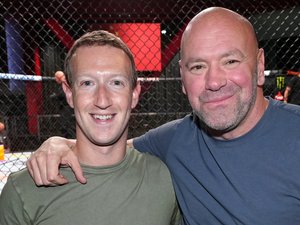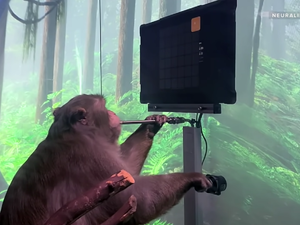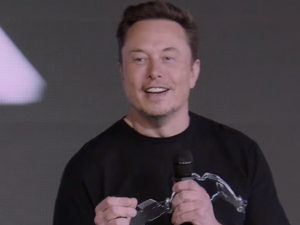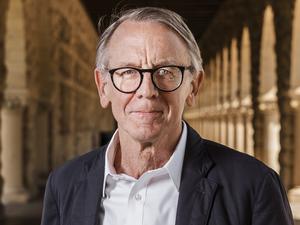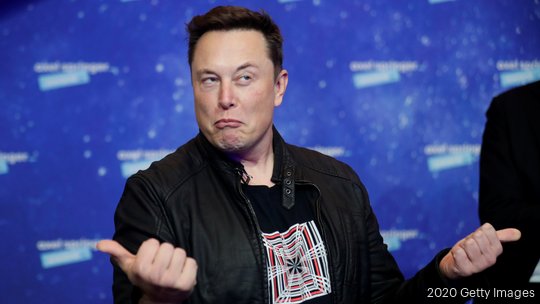
Not since the Summer of Love has drug use become so synonymous with the San Francisco Bay Area, according to a report by The Wall Street Journal, that some of the Silicon Valley's biggest movers and shakers turn on, tune in and drop out.
According to the report, Tesla Inc. and SpaceX CEO Elon Musk takes ketamine while Google founder Sergey Brin enjoys magic mushrooms. The reported rise in drug use, specifically psychedelics like psilocybin, ketamine, and LSD, is seen as part of a movement to drive innovation among Silicon Valley executives.
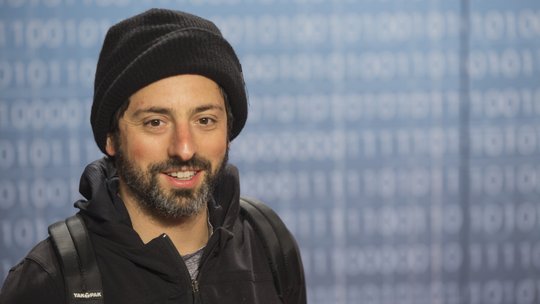
The accounts of Musk and Brin partaking of drugs are based on eyewitness accounts, the Journal reported. Neither man responded to interview requests from the Journal, but in a Tweet following the story's online publication, Musk spoke about depression in the U.S. and the overuse of antidepressants:
"Depression is over-diagnosed in the US, but for some people it really is a brain chemistry issue," Musk wrote. "But zombifying people with SSRIs for sure happens way too much. From what I’ve seen with friends, ketamine taken occasionally is a better option."
Silicon Valley's drug use appears to be part of "doing business", according to the Journal, with Founders Fund executives throwing parties where psychedelics were used.
Many participants have begun "micro-dosing" the practice of ingesting small amounts of psychedelic drugs that the users believe help them relieve anxiety and become more focused. However, the casual, recreational micro-dosing going on in Silicon Valley, is not based on any actual science.
According to a September 2022 article in Harvard Health Publishing, studies of micro-dosing to treat mental conditions are at best non-conclusive as some studies showed some positive effects on users, while others had little to no impact.
"In one example the researchers conducted a randomized controlled study, which represents the strongest type of evidence because it weeds out the placebo effect," Dr. Peter Grinspoon wrote in the journal. "The researchers took 34 patients and randomized half of them to receive psilocybin and half to placebo. While there were some intriguing subjective effects (people felt happier and more creative), and even some changes in brain waves recorded on an EEG machine, they concluded that low-dose psilocybin mushrooms did not show objective evidence of improvements in creativity, well-being, and cognitive function."
Yet, for every tech exec who found success in micro-dosing — like former Iterable CEO Justin Zhu, who said it helped him cope with depression. "It did really heal a lot of the trauma for me,” he told the Journal — there is the cautionary tale of the late Tony Hsieh, the former Zappos CEO who became addicted to ketamine and died in a 2020 fire while on drugs.
Still, the casual drug use has also spawned huge investments in companies seeking medical treatments using psychedelic drugs. Companies like Transcend Therapeutics Inc. which raised $40 million to develop a post-traumatic stress disorder treatment, or Gilgamesh Pharmaceuticals Inc. and Lusaris Therapeutics Inc. that raised of about $100 million to create psychedelic-based depression treatments.
